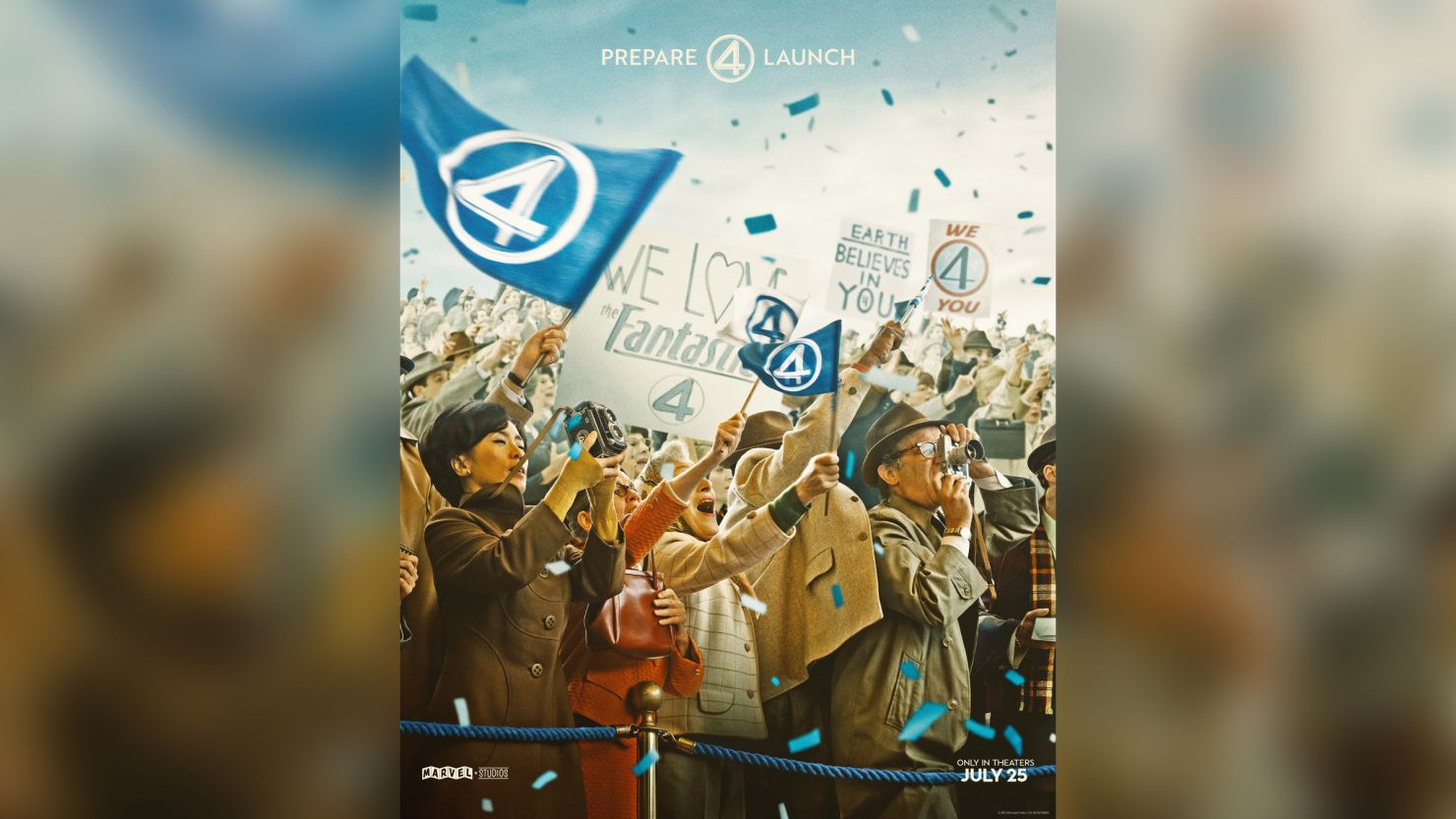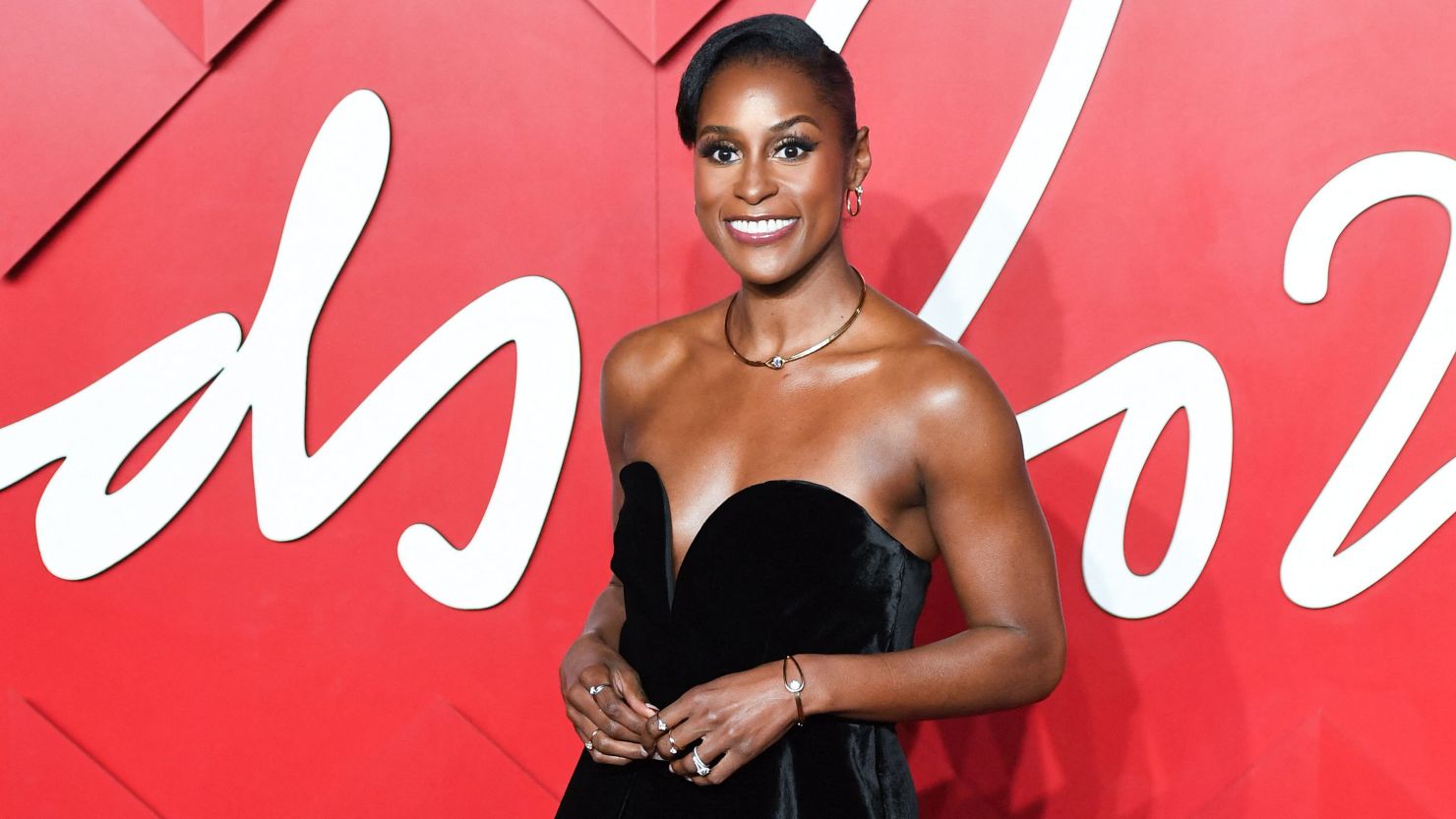When movie editor Dávid Jancsó admitted that he had used AI to change some parts of actors’ voices in new film “The Brutalist,” he sparked an impassioned online debate about the impact of technology on the arts.
But this is not the first time that AI has been used in filmmaking, and it most likely won’t be the last, said Louis Heaton, a senior lecturer in digital film and TV production at London Metropolitan University.
“I suspect the use of AI in production will become increasingly common and openly admitted, particularly for what might be seen as minor labour-intensive work such as generative backgrounds, crowd scenes and the like,” Heaton told CNN on Wednesday.
“This is currently the kind of work done by visual effects houses that require large teams and hours of labour, and which AI will be able to produce cheaper and quicker.”
This chimes with Jancsó’s comments about his motivations for using AI in “The Brutalist,” which tells the story of Hungarian-Jewish architect László Tóth, played by Adrien Brody, who moved to the US after surviving the Holocaust and is awaiting the arrival of his wife Erzsébet (Felicity Jones). Brody and Jones speak Hungarian in parts of the film.
Jancsó, a native Hungarian speaker, said he had used an AI tool from Ukrainian firm Respeecher to make the lead actors’ Hungarian dialogue sound authentic.
“Most of their Hungarian dialogue has a part of me talking in there. We were very careful about keeping their performances. It’s mainly just replacing letters here and there,” Jancsó said in an interview with industry publication Red Shark News, published January 11.
“You can do this in ProTools (audio software) yourself, but we had so much dialogue in Hungarian that we really needed to speed up the process otherwise we’d still be in post(production).”
Jancsó went on to address ongoing debates around the use of AI.
“It is controversial in the industry to talk about AI, but it shouldn’t be,” he said.
“We should be having a very open discussion about what tools AI can provide us with. There’s nothing in the film using AI that hasn’t been done before,” Jancsó added.
“It just makes the process a lot faster. We use AI to create these tiny little details that we didn’t have the money or the time to shoot.”
For Heaton, these questions are subject to debate in the film community, particularly around the idea of authentic creativity and the impact of AI on creative jobs.
In some cases, AI is perceived to be “a cheap replacement for, and taking paid work away from, talented graphic creatives,” he said.
“On an industry level, there is concern about the use of AI replacing creative talent at the lower levels of production, which was reflected in recent industrial action such as the SAG and WGA strikes,” said Heaton, who also highlighted the use of digital doubles instead of paid actors and increasingly realistic text-to-speech AI that can replace voiceover actors.
“The Brutalist” director Brady Corbet addressed the reaction to Jancsó’s comments in a statement published by Deadline magazine on Monday, saying the actors’ performances “are completely their own” and that they worked with a dialect coach for months.
The technology was used only to refine Hungarian-language dialogue, and no English language dialogue was changed, Corbet added.
“This was a manual process, done by our sound team and Respeecher in post-production. The aim was to preserve the authenticity of Adrien and Felicity’s performances in another language, not to replace or alter them and done with the utmost respect for the craft,” he said.
However, Heaton raises a point that may explain the strong reaction in this case.
“The interesting issue with ‘The Brutalist’ is that its use of AI is not what might be considered a minor visual detail audiences are familiar with,” he said, such as cleaning up an actor’s complexion or changing their eye color.
“As AI here appears to be directly altering/improving an element of the actor’s performance, it could be seen as calling into question the authenticity of that performance,” said Heaton, who also questioned whether this use of AI was necessary.
“Would the average moviegoer really care if the lead actors were speaking perfect Hungarian? Given Hollywood’s catalogue of awards-nominated horror accents, I’d say no.”



